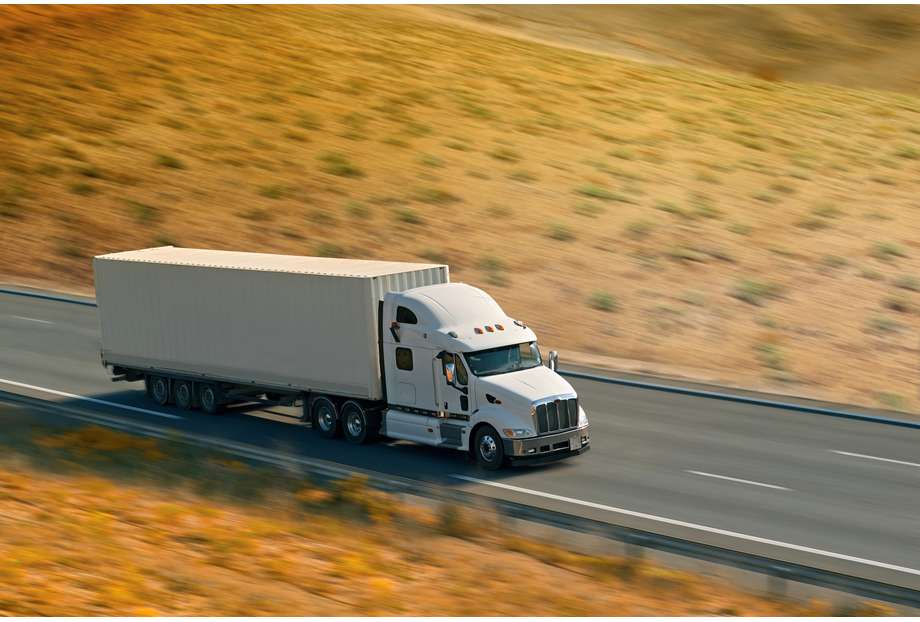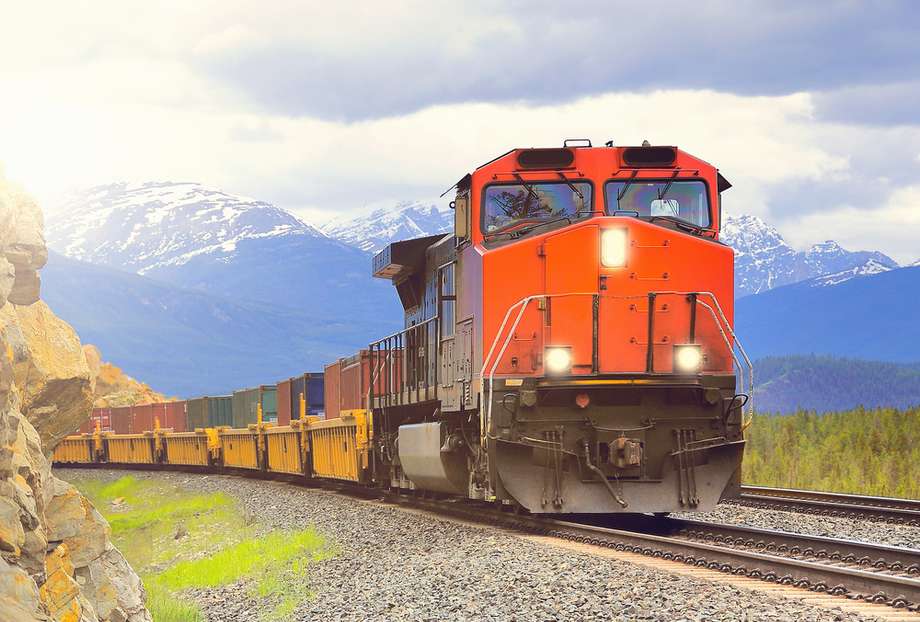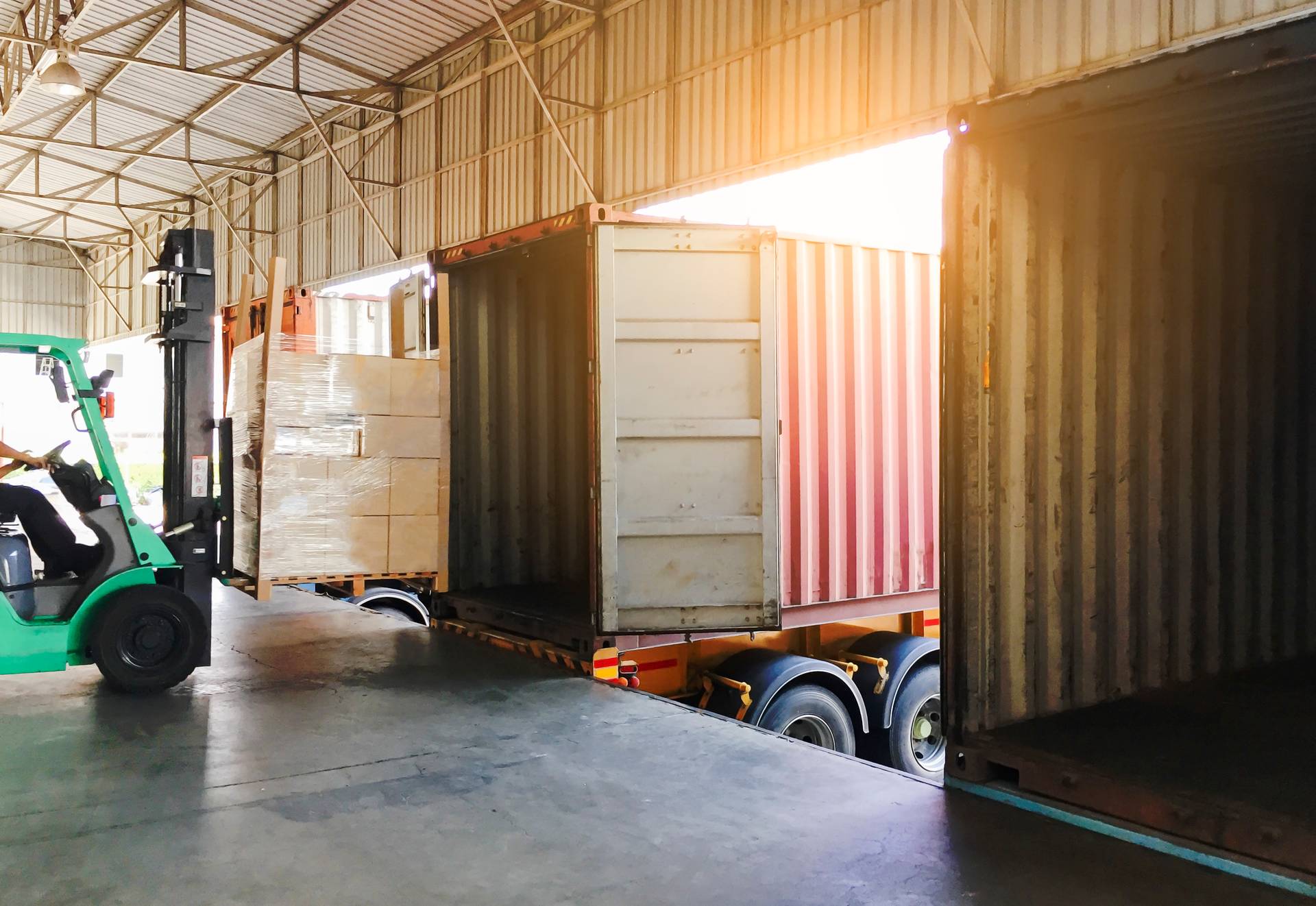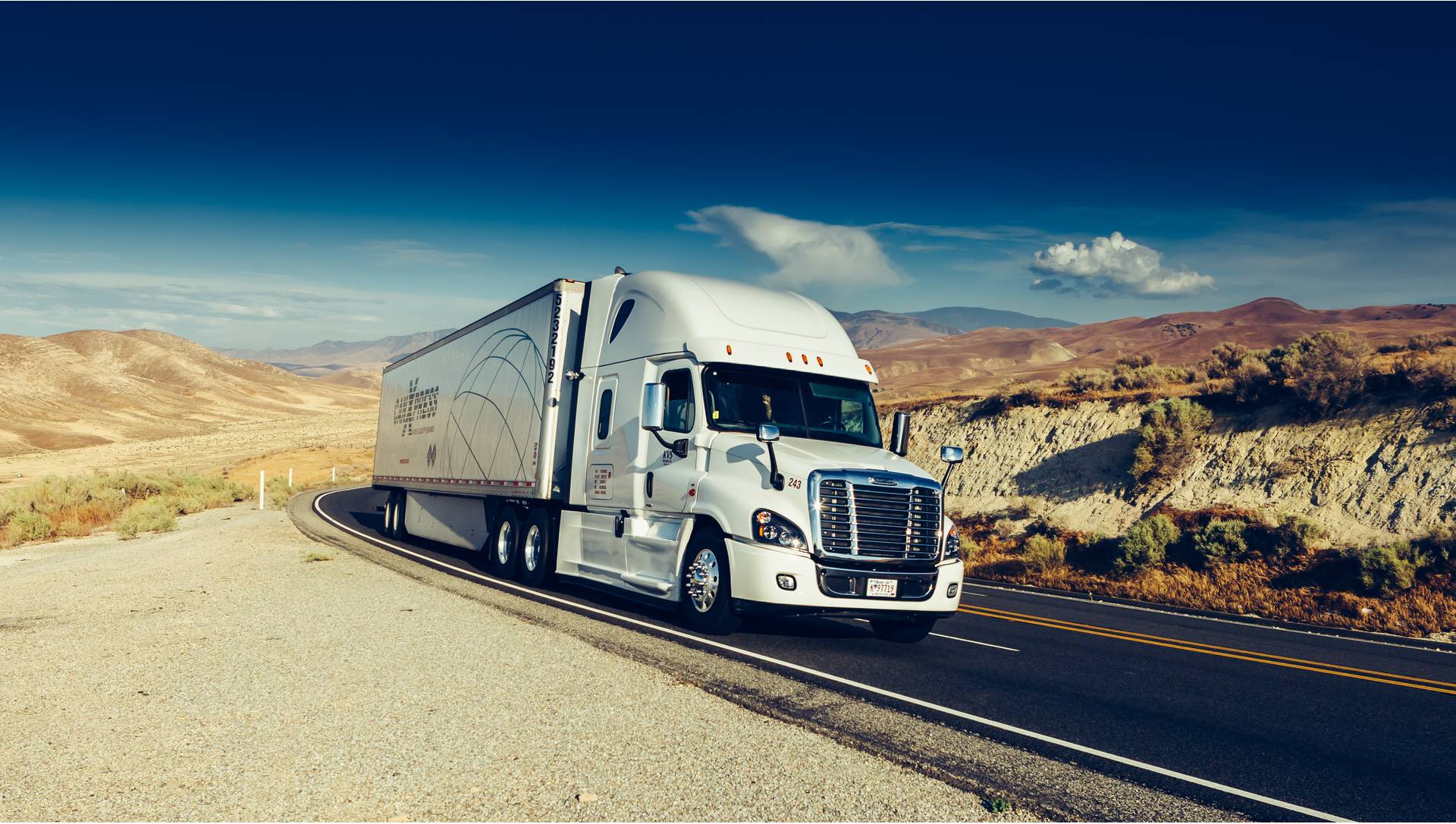Rail vs. Road: Which Transportation Mode is More Efficient & Cost-Effective?
Check out the comparison between rail vs. road transportation. Find out which one is better for on-time, accurate, and cost-effective deliveries.
Rail vs. road transportation, which one is better for on-time and cost-effective deliveries? To answer this question, you need to find out the differences between these two inland modes of transportation. These differences will impact your decision to choose your transportation mode for shipping your goods.
Click Here: Get Reliable Capacity Regardless of Market Conditions
This article will explain the seven key differences between rail transport vs. road transport. But first, let’s take a closer look at each mode of transportation.
Rail Transport
Rail transport is a mode of inland transportation where cargo is moved across rail networks on freight trains. These freight trains can carry single/double-stacked containers to move cargo in countries and continents.
Road Transport
Road transport is the most popular mode of transportation to move goods from one location to another using trucks. This transportation includes FTL, LTL, and LTL consolidation. It is ideal for shipping cargo for shorter distances within the same country.
Now that you have understood each mode of transportation, let’s look at seven key differences between rail vs. road transportation. These key differences will help you decide the best mode of transportation that can help you achieve timely, accurate, and cost-effective deliveries.
Rail vs. Road Transportation: 7 Key Differences
Cost
The cost of moving cargo is one of the prime differences between rail vs. road transportation. Rail transportation is more affordable than road transportation for long distances due to the capacity these freight trains can handle. Moreover, hauling cargo by rail transportation is less expensive due to rail’s lower fuel consumption.
On the other hand, road transportation is cost-effective for short distances. Shipping charges are usually lower on shorter routes, which makes road transportation services less expensive depending on cargo volume and the destination.

Distance
Distance is another key difference between rail vs. road transport. Rail transportation is preferred for long distances as freight trains are specially designed to transport high cargo volumes over long distances. Road transportation is recommended for short distances. Moreover, road transportation comes with the convenience of a door-to-door service.
Transit Time
When comparing rail vs. road transit time, speed plays a significant part. Road transportation has a fast transit time as trucks can be loaded and unloaded promptly and can deliver to their ultimate destination. However, the transit time may vary depending on the rough weather, traffic congestion, road construction, etc.
Rail transportation usually has a longer transit time and is preferred for shipping goods that are not time sensitive. However, it is not affected by external factors as in the case of roads. As a result, delays are rare, and your goods will reach you on time.
Safety
When choosing between rail vs. road transport, you should consider the safety of your goods. Road transport is more prone to accidents because of traffic, weather and road conditions, human errors, etc. Additionally, truck drivers can stop their vehicles at any time due to traffic, lunch break, or various other reasons. These factors increase the risk of damaging goods or theft.
Rail transport encounters a significantly lower number of accidents than road transport. Moreover, trains have limited stoppages and there will be less handling of goods, which increases the safety of your goods.
Flexibility
Flexibility is another key difference that can help you decide between rail vs. road transport. Road transport usually has no fixed schedule and can be dispatched according to delivery requests. You can customize the itineraries of trucks along with their timings to meet individual needs. On the other hand, rail transportation follows a strict preplanned schedule carefully planned by rail authorities.
Capacity
There is a major difference between rail vs. road transport regarding capacity. Trucks can carry cargo that weighs between 20,000 to 80,000 lbs. depending on the number of axles. On the other hand, rail transportation can haul a much larger cargo volume. Usually, a freight train has 100 to 150 cars, and each car can haul up to 33,000 lbs. It means that a freight train can move around 10,000,000 lbs. of cargo in a single trip.

Coverage
In terms of coverage, there is a vast difference between rail vs. road transportation. Freight trains can only facilitate transport between freight stations, inland depots, and ports because of the limitation of rail networks. On the other hand, road transportation offers more accurate coverage with a large network of roads.
To increase rail vs. road efficiency and reach wide coverage, these two modes of transport are usually combined, known as intermodal transportation. It provides customers with a seamless door-to-door transport option.
Conclusion
In summary, there are many differences when it comes to rail transport vs. road transport. Choosing the best out of these two types of transport depends on the cost, timeframe, capacity, destination, and any other requirements you may have. The differences we have mentioned in this article would help you choose between rail vs. road, so you can have cost-efficient and on-time transportation.
Take a look at our FTL, LTL, LTL consolidation, and intermodal services for shipping across North America at affordable rates.
We hope you enjoyed reading the article. Please let us know your thoughts in the comments below. If you want us to write on specific topics, please contact us! Additionally, if you want to stay up to date with the latest transportation industry news and trends, you can follow us on LinkedIn, Facebook, and Twitter.
More Blogs
Here are some more articles that consist of topics about the logistics industry, modern transportation trends, and best practices to help your business expand. Read some of these articles to learn more.

Third-Party Logistics LTL Shipping: Pros and Cons That You Should Know

5 Tips for an Efficient Transportation Management Process


Comments 0